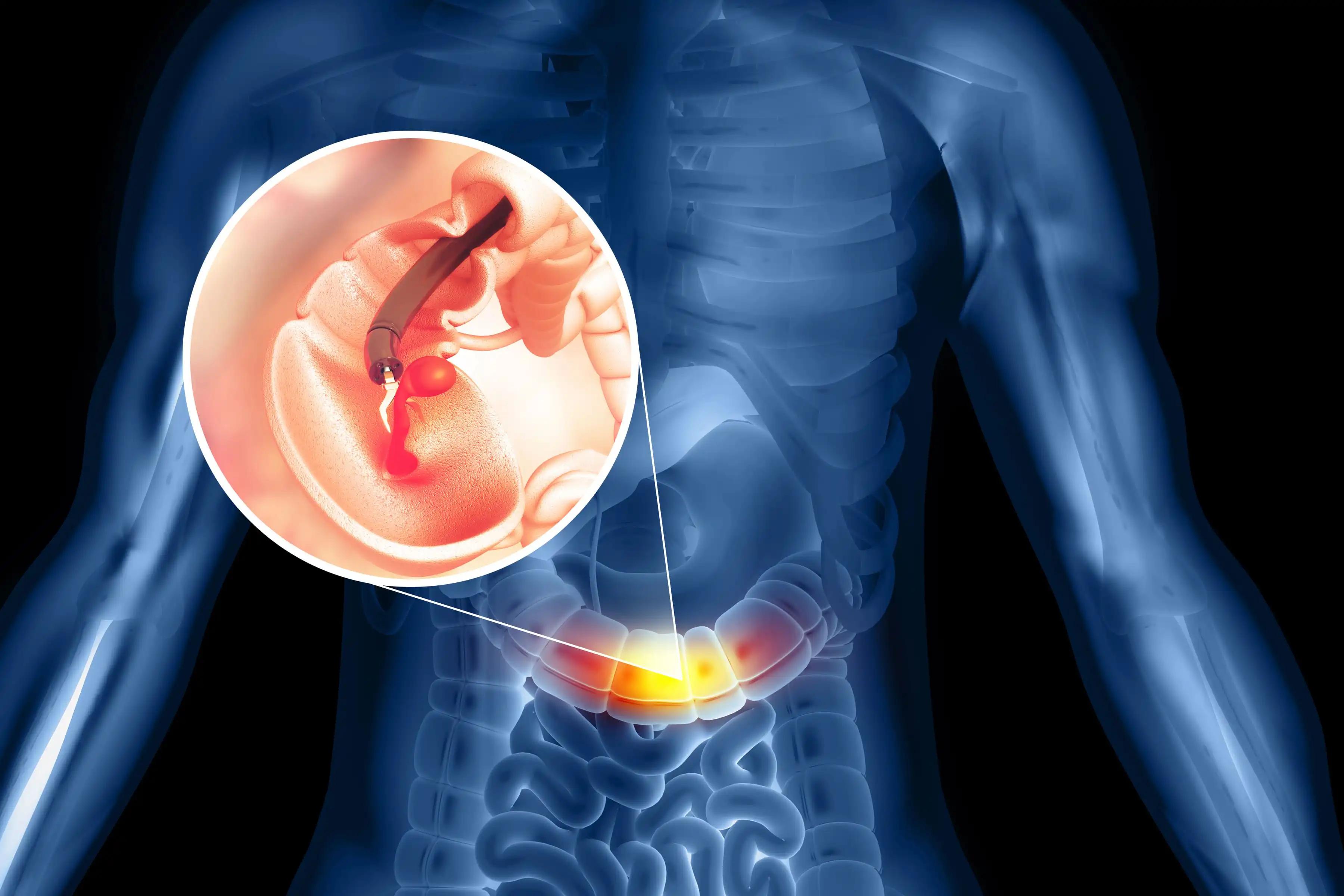KEY TAKEAWAYS
- The study aimed to explore TROP2 expression frequency and its prognostic significance in patients with CRC.
- The primary endpoint were to determine DFS, DSS, and OS.
- TROP2 is linked to aggressive CRC features but is not a consistently reliable prognostic marker due to variability.
Antibody-drug conjugates (ADCs) targeting trophoblast cell surface antigen 2 (TROP2) have been approved for treating advanced triple-negative breast cancer, and TROP2 expression is associated with poor outcomes in various cancers. However, the TROP expression is not well studied for patients with colorectal cancer (CRC).
Sebastian Foersch and the team aimed to understand TROP2 expression frequency and its prognostic implication related to key clinicopathological parameters.
Researchers analyzed TROP2 expression in 1,052 CRC cases, correlating their findings with histopathological features, molecular parameters, tumor stage, and patient outcomes. They focused on how TROP2 levels might impact these various factors and the overall prognosis.
The results found that TROP2 was expressed in 214 (20.3%) out of 1,052 patients with CRC. However, strong positivity was rare. TROP2 expression was notably associated with an invasive histological phenotype (e.g. increased tumor budding/aggressive histopathological subtypes), advanced tumor stage, microsatellite stable tumor, and p53 mutations.
The TOp2 expression showed prognostic value in univariate analyses of the overall cohort, like for disease-free survival (DFS), P<0.001. However, it varied significantly among important clinicopathological subgroups (e.g. right- versus left-sided CRC, microsatellite stable vs unstable CRC, Union for International Cancer Control [UICC] stage) and lost significance in multivariate analyses that included stage and CRC histopathology.
TROP2 is frequently expressed in CRC and linked to aggressive disease characteristics and microsatellite stable tumors. Clinical trials using anti-TROP2 ADCs should consider the intratumoral heterogeneity, as only some TROP2-expressing CRCs show strong positivity. The prognostic value of TROP2 is complex and varies across clinicopathological subgroups, making it a less reliable predictor of patient prognosis.
The study concluded that TROP2 is commonly expressed in CRC and associated with aggressive features and microsatellite stability. However, due to intratumoural heterogeneity and variability in prognostic value, TROP2 is not a consistently reliable prognostic marker.
The study was funded by the German Federal Ministry for Education and Research and received open access funding was by Projekt Deal.
Source: https://pubmed.ncbi.nlm.nih.gov/39177576/
Foersch S, Schmitt M, Litmeyer AS, et al. (2024). “TROP2 in colorectal carcinoma: associations with histopathology, molecular phenotype, and patient prognosis.” J Pathol Clin Res. 2024;10(5):e12394. doi:10.1002/2056-4538.12394



